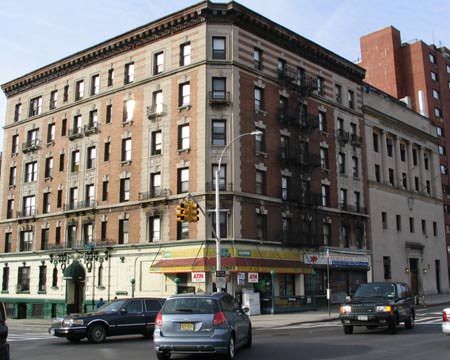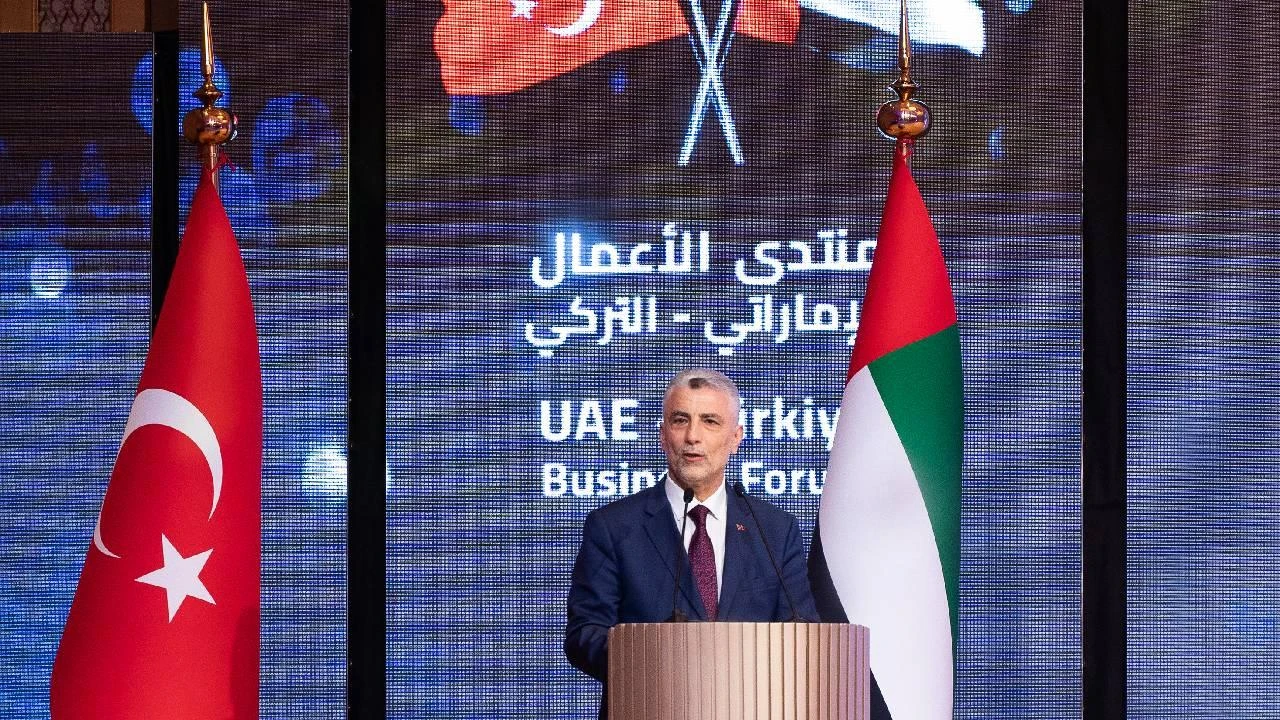Turks shift focus to international real estate, expend over $1B in 8 months
 London city skyline (Photo via Fortune)
London city skyline (Photo via Fortune)
As of the first eight months of 2024, foreign currency transfers for real estate purchases have totaled $1.377 billion. When converted using the Central Bank of the Republic of Türkiye (CBRT)’s average exchange rate for the same period, this amount is equal to approximately ₺40.5 billion.
In Türkiye, high loan interest rates have led to a decline in residential property purchases among middle-income groups. Additionally, the rental sector has preferred interest-bearing instruments over real estate investments, and foreign buyers have slowed their purchases.
These factors have resulted in stagnation within the housing market. Conversely, local buyers from the upper-income “investor” group have increasingly turned their attention to international real estate investments since the beginning of 2023.
In 2020, the amount of foreign currency transferred to real estate purchases was $213 million. This figure rose to $371 million in 2021, a 74.2% increase and reached $628 million in 2022, reflecting a 69.3% increase.
In 2023, it surged to a record $1.782 billion, an extraordinary increase of 183.8%. If the momentum observed in the first eight months of this year continues, it is expected that the annual total will match 2023’s levels.


According to the central bank’s balance of payments data, Turkish investments in foreign real estate increased by 17.1% in dollar terms compared to the same period last year. In contrast, foreign investments in real estate in Türkiye decreased by 23.3%, dropping to $2.024 billion.
Thus, the foreign currency left for real estate purchases nearly matches the amount brought into Türkiye for this purpose. In 2023, after subtracting the capital Turkish citizens sent abroad for real estate purchases from the foreign currency brought into Türkiye for the same purpose, there was a net inflow of $1.462 billion.
In 2024, the net inflow for the same period decreased by 55.7%, amounting to just $647 million. As of the end of August, foreigners purchased $2.946 billion worth of real estate in Türkiye, while Turkish purchases abroad reached $1.983 billion. The net value of reciprocal real estate investments was $963 million on an annual basis.
| Investment Sector | Amount |
|---|---|
| Real Estate | $1.679 billion |
| Mining and Quarrying | $601 million |
| Construction | $343 million |
| Manufacturing | $280 million |
| Financial Sector | $265 million |
Half of foreign investments in real estate
In the January-August period, total investment in the real estate sector, including other real estate activities alongside housing purchases abroad, reached $1.679 billion. Excluding liquidations and intra-group transfers, Turkish direct investments abroad, including housing purchases, totaled $3.927 billion in the first eight months. Approximately half of this amount was directed toward “real estate activities,” primarily housing purchases.
In the first eight months, Turkish direct investments abroad in real estate surpassed investments in mining and quarrying at $601 million and construction at $343 million.
Transfers for investments in various manufacturing sub-sectors totaled $280 million, while the financial sector accounted for $265 million in investments.
Foreign capital inflow reaches $6.4B in 8 months
While real estate purchases provide a one-time boost to the national economy, “capital” investments generate ongoing economic benefits by establishing new facilities or acquiring existing ones for production and export. During the January-August period, there was an inflow of $3.722 billion in capital investments.
When deducting liquidations, which increased by 171.5% to reach $467 million, the net direct capital investment inflow grew by 4.8% to $3.255 billion.
During this period, the credit extended to foreign group companies in Türkiye also increased by 44.1%, reaching $1.131 billion. Thus, the total net direct capital investment inflow, excluding housing purchases, reached $4.386 billion, marking a 12.7% increase.
When including foreign housing purchases during this period, the total direct investment inflow amounted to $6.410 billion, which was 1.8% lower than the total inflow in the same period in 2023.
Outgoing local capital reaches $3.8B
In the same period, Turkish citizens exported $2.550 billion for direct “capital” investments, excluding housing purchases. After accounting for $532 million brought back through liquidations, the net amount stood at $2.018 billion. Additionally, there was a transfer of $398 million in loans and other types of foreign group firms.
Thus, the total foreign currency leaving for direct capital investment in the first seven months amounted to $2.416 billion, which is 2.7% lower than the outflow in the same period last year.
When the amount Turkish citizens transferred to real estate purchases was added, the total capital outflow for direct investments increased by 3.6% to reach $3.793 billion.
Improved quality of current account financing
When net capital investment, real estate purchases, and intra-group transfers brought to Türkiye by foreigners during the eight months are compared with the amounts Turkish citizens transferred abroad for the same purposes during the same period, the net foreign currency inflow from direct investments stood at $2.617 billion, which is 3.1% lower than in the same period in 2023. However, the contribution of net direct investment inflow to financing the current account deficit has increased.
In the first eight months, the current account deficit reached $9.665 billion, with 27.1% of this being financed by net inflows from direct investments. This ratio was only 7.4% during the first eight months of last year when the current account deficit was $38.925 billion.
Thus, as the share of direct investment increased compared to portfolio investments and borrowing, the quality of financing for the current account deficit has improved.



